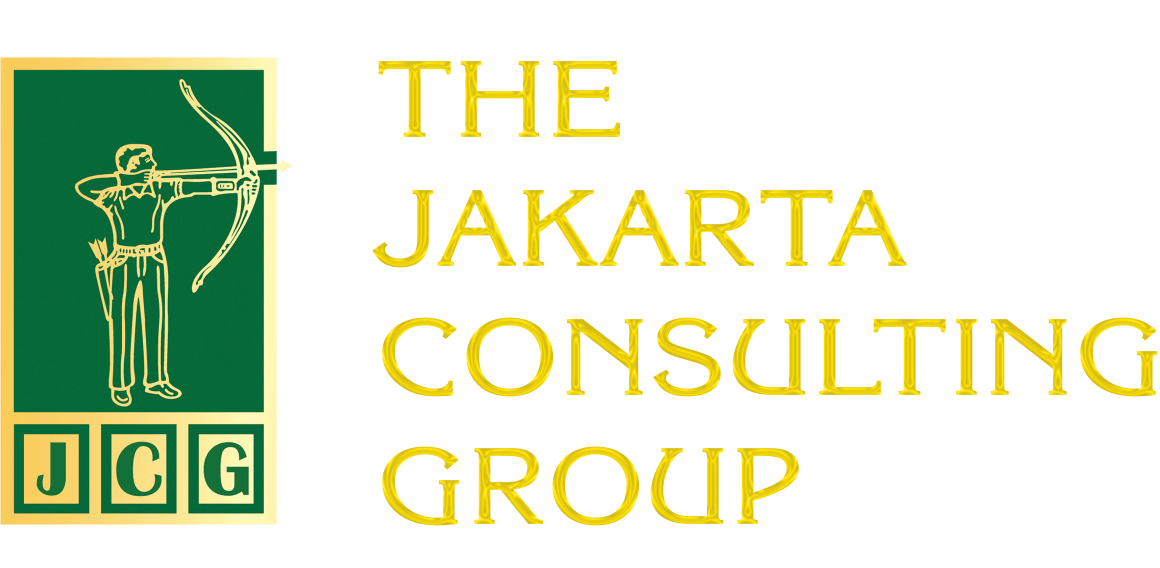Organizational culture is a system of values, beliefs, and norms that influence how work is done, how people behave, and how decisions are made within an organization. One common type of culture in big companies is a competitive culture. This kind of culture emphasizes competition between individuals or teams to achieve specific goals, like improving performance, productivity, and innovation. But like any management approach, competitive culture has its pros and cons.
Why is a Competitive Culture Needed?
There are several strengths that come with a competitive culture. These include improved employee performance, a push for innovation, increased focus on results, a winning mentality, and the ability to identify top talent.
A competitive culture can drive employees to work harder and faster because they’re motivated by the desire to stand out compared to their coworkers. When employees see that there are rewards or recognition for being the best, it can spark the motivation to compete. For example, an employee-of-the-month program or performance-based bonuses can lead to higher productivity and better quality work.
Competition often encourages individuals or teams to think outside the box and come up with innovative solutions. In a competitive environment, employees are more motivated to find new ways to solve problems or improve work processes. This can lead to the development of new products or more efficient work methods, ultimately boosting the organization’s competitiveness.
In a competitive culture, the main focus is often on measurable results. Managers and employees become more focused on hitting specific targets and goals. This results-oriented mindset can help organizations achieve their objectives faster and more effectively. Employees who know they’ll be evaluated based on their results tend to be more proactive in planning and executing their work.
Competition can also build a winning mentality among employees. Those involved in healthy competition often develop stronger confidence and a greater drive to succeed. This can benefit organizations in dealing with complex and high-pressure business challenges since employees who are used to competing tend to be more resilient under stress and more determined to push through until they succeed.
In a competitive culture, individuals with the best skills and talents tend to stand out more. This allows companies to identify high-performing employees and reward or promote them. In this way, a competitive culture can serve as a tool to filter and develop the best talent within the organization.
The Risks of a Competitive Culture
Though it may seem ideal at first glance, a competitive culture also has its downsides. The main issue is the potential for creating a high-pressure work environment. The constant pressure to compete and achieve top results can lead to emotional, physical, and mental exhaustion among employees. If not managed properly, this stress can negatively impact employee well-being, ultimately reducing productivity and increasing absenteeism.
Excessive competition can also threaten collaboration and teamwork. When individuals are more focused on personal achievements or winning over their coworkers, they may be reluctant to share information or cooperate. This can hinder the flow of ideas, slow down problem-solving, and create a less harmonious work environment. In some cases, a competitive culture can lead to a more individualistic and selfish workplace where employees care more about their own results than the success of the team or organization.
Ethics are also at risk. The pressure to meet targets in a competitive culture may push some employees to engage in unethical practices, such as manipulating data, taking credit for someone else’s work, or even undermining colleagues. In their effort to win internal competition, some employees may feel compelled to bend or break the rules. This is obviously dangerous for the overall reputation and integrity of the organization.
A competitive culture often only rewards those who “win” the competition, while ignoring the contributions of employees who worked hard but didn’t stand out according to the competition’s criteria. This can create inequality in recognition and rewards, which may ultimately harm team morale. Those who feel unappreciated might lose motivation and feel they’re being treated unfairly, leading to job dissatisfaction.
A competitive culture is so results-driven that it often overlooks healthy, sustainable processes. Organizations that are overly obsessed with results tend to neglect the importance of long-term development, learning, and continuous improvement. Employees may focus more on short-term “wins” rather than building capacities or skills that will benefit the organization in the long run.
Finding the Right Balance
Too much competition can definitely be harmful. In the context of a competitive culture, the right balance is needed so that it benefits everyone without anyone getting hurt. In other words, competition should still be encouraged, but it needs to remain healthy.
How can this be done? First, competition must be managed transparently and fairly. Every employee should clearly understand the evaluation and reward criteria so they feel the competition is fair and objective. Second, alongside a competitive culture, a collaborative culture should also be developed. Rewards shouldn’t just be given to individuals but also to teams that work together to achieve common goals. Third, organizations should provide well-being programs to mitigate the negative effects of stress caused by competition. This could include mental health programs, relaxation sessions, or stress management training. Fourth, creating a healthy competitive culture is key. The emphasis should be on self-improvement and development, not on putting others down or beating them. Employees should be encouraged to continuously improve their skills and abilities without harming their colleagues. Finally, organizations must remain focused on long-term goals and learning. Rewards should be given not only based on end results but also on the effort and progress made during the process.
Category: Corporate Culture
#competitive culture #Results #WinningMentality #Risks #Collaboration #Ethics











